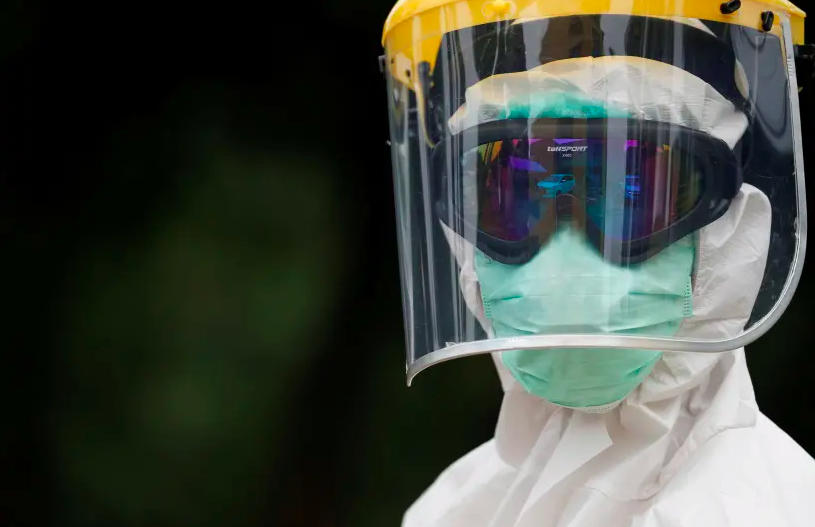
A group of experts advising Prime Minister Benjamin Netanyahu on the national response to the coronavirus pandemic found a correlation between one's income and education level and the chance they would contract coronavirus, N12 reported Wednesday.
The report published on Tuesday by the team headed by Professor Eli Waxman of the Weizmann Institute of Science suggested people with lower levels of income and education are more likely to contract the virus. According to N12, the team said people with higher education were less likely to contract the disease, even if their income level was low.
The team also examined regional factors. The report said poverty-stricken communities and neighborhoods had a greater chance of a major outbreak than ones with a higher socioeconomic status. Based on its new findings, the advisory team also suggested that the outbreak in Israel had a local nature, meaning the COVID-19 pandemic's impact on Israel concentrated in low-class communities suffering major outbreaks, with other ones remaining less affected.
The team said the 90% of the new cases of the virus in Israel over the last three weeks were in areas home to less than 10% of Israel's population, according to N12. The team then suggested that the response team focus its efforts on eradicating the virus in ultra-Orthodox communities. The team also advised the government invest in infrastructure and public education in ultra-Orthodox communities and expand the state support and development plan for Israel's Arab localities.
In late April, a joint team of IDF and National Security Council officials warned that the deteriorating economic situation could provide momentum for civil disobedience, issuing a report discussing a potential uprising in the state triggered by the situation.
The team claimed that distress and anger "will not lead to large-scale social phenomena on their own, at least in the short term." The second scenario, however, holds the potential to cause substantial "long-term damage to Israeli society and democracy."
A potential cause of a large-scale uprising, says the document, may be the loss of faith in the government and the political system, or the appearance that the government is losing control over the pandemic or the state. Other elements that play a substantial role in causing a civil uprising may be economic struggle and the loss of the ability, by some, to afford rent or even buy food. The possibility of a food shortage has also been discussed by the NSC-IDF team.
"Routine life in its entirety," from work to social life, said the document, "was suddenly cut off for the vast majority of the public." According to the team, "the end of the lockdown is yet to be known, and the public has been exposed to various estimates, ranging from several weeks to many months." This fact, says the team, may lead to such social tensions, stoking civil disobedience and resentment toward law enforcement.
